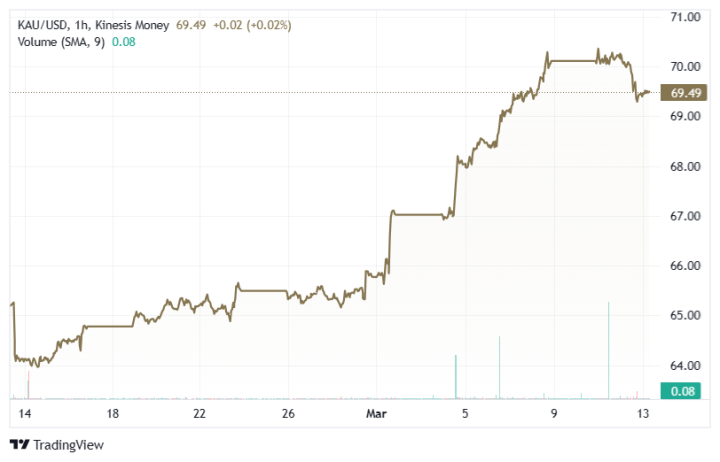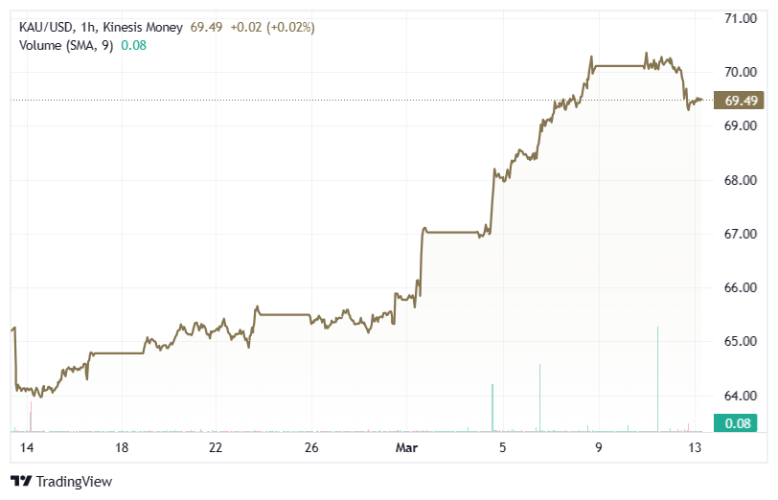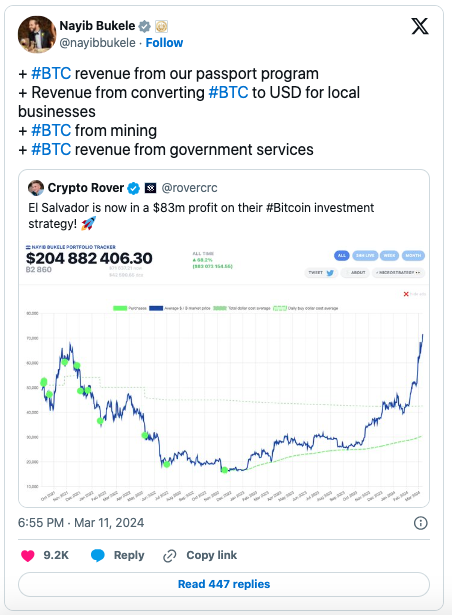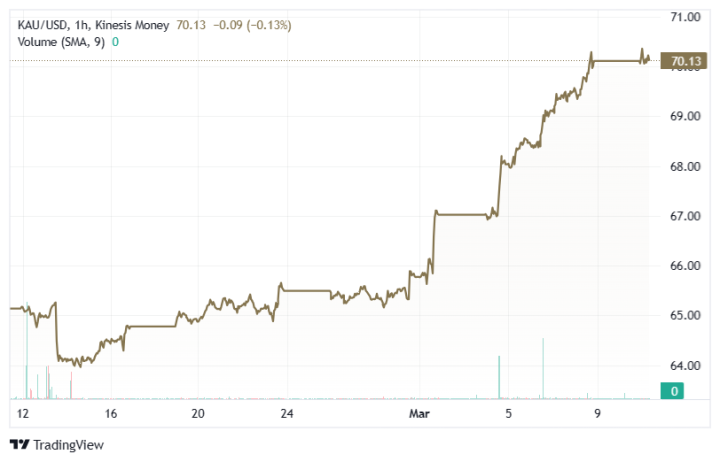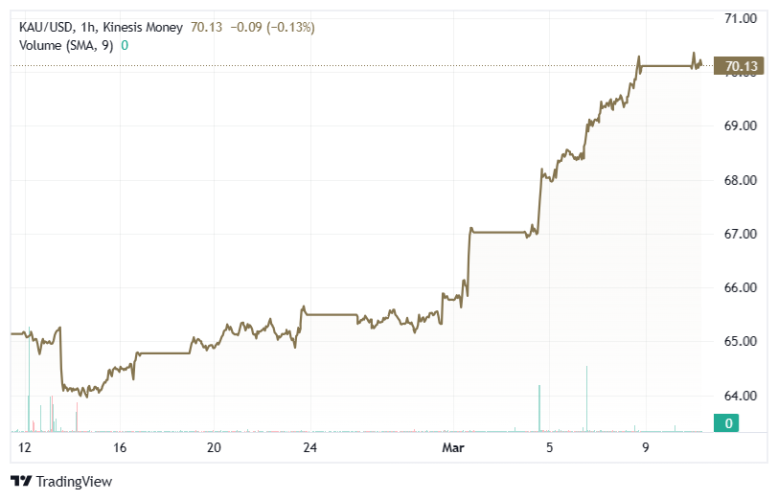
MicroStrategy To Raise Another $500 Million Via Debt Offering To Snap Up More Bitcoin
By Brenda Ngari – March 14, 2024

MicroStrategy, now touting itself as a Bitcoin Development Company, is not slowing down even after acquiring more Bitcoin than every spot BTC exchange-traded fund (ETF) in the United States. The Michael Saylor-led company is launching another private offering of convertible notes to snatch up more BTC.
$500 Million Debt Sale For More Bitcoin
Prominent technology firm MicroStrategy is planning to sell an additional $500 million of its debt to expand its Bitcoin stockpile.
The company announced its latest fundraiser on Wednesday, which will again come in the form of a private senior convertible notes offering, due on March 15, 2031, in order to buy more BTC.
Just days ago, MicroStrategy completed an $800 debt raise, which had been increased from an initially planned $600 million, with the proceeds of the sale plus excess cash used to purchase 12,000 more BTC for nearly $822 million.
After that purchase, the firm’s cache stands at 205,000 Bitcoins (worth over $15 billion) — making it the largest corporate holder of the preeminent cryptocurrency. Saylor’s massive Bitcoin bet has borne fruits, with nearly $8 billion in unrealized profit on its investment.
MicroStrategy is now just 5,000 Bitcoins, shy of owning 1% of the top crypto’s maximum supply. Assuming Bitcoin continues hovering above $70K, the firm could purchase roughly 6,900 BTC with the proceeds of the latest debt offering.
If six-figure Bitcoin forecasts come true and the flagship crypto reaches $100,000 by mid-2025, MicroStrategy’s unrealized profit on its holdings will exceed $13.4 billion, or a 197% return on investment in the space of five years.
Saylor recently said investors should treat Bitcoin less like a currency and more like a “billion-dollar property in cyberspace” that has the potential to preserve capital for hundreds of years.
Notably, MicroStrategy is not the only crypto firm seeking to borrow money for its business after a parabolic Bitcoin bull run. Coinbase, America’s largest crypto exchange, on March 12 announced it would sell $1 billion worth of senior notes, maturing in April 2030, to qualified institutional investors. The proceeds will be used to repay existing debt and general corporate purposes.
DISCLAIMER: None Of The Information You Read On ZyCrypto Should Be Regarded As Investment Advice. Cryptocurrencies Are Highly Volatile, Conduct Your Own Research Before Making Any Investment Decisions.
The original article written by Brenda Ngari and posted on ZyCrypto.com.
Article reposted on Markethive by Jeffrey Sloe
** Loans, secure funding for business projects in the USA and around the world. Learn more about USA & International Financing at Commercial Funding International. **
Tim Moseley

